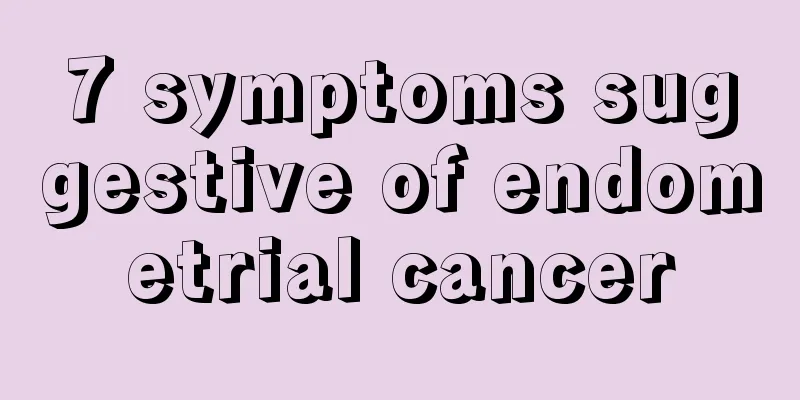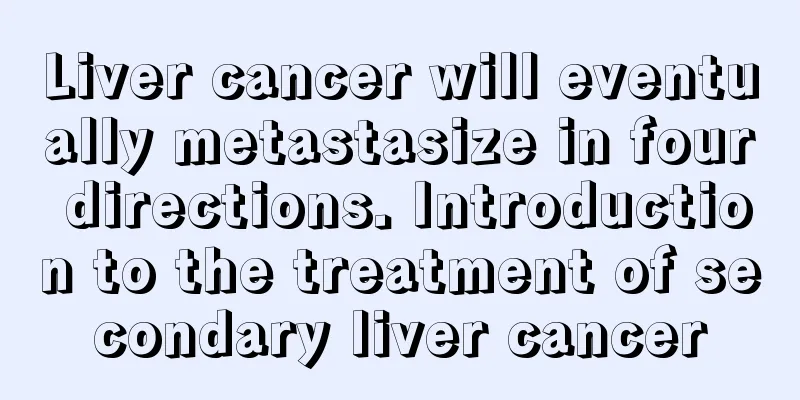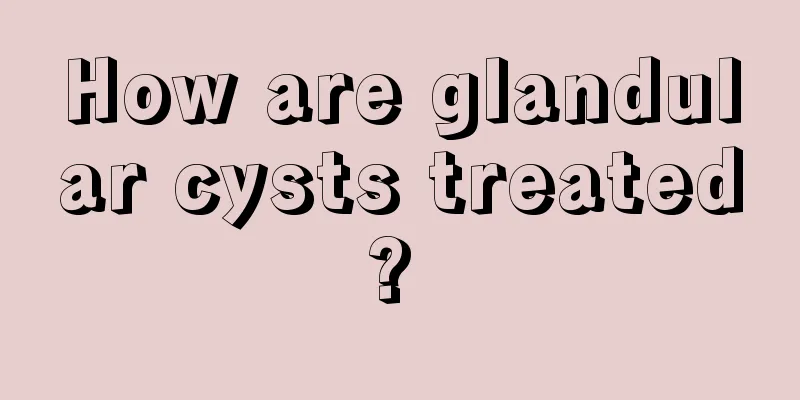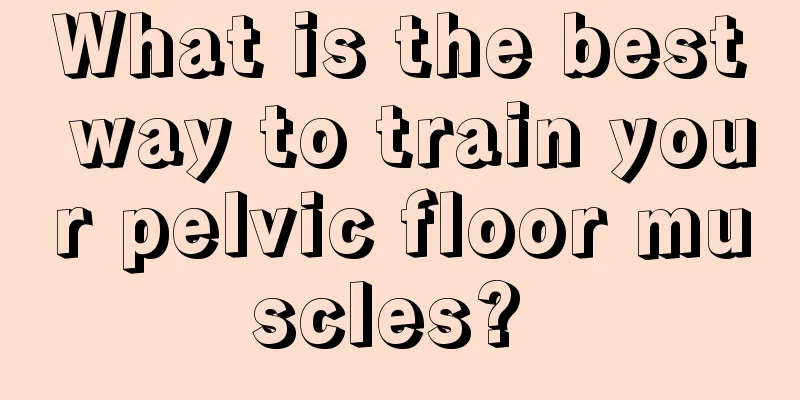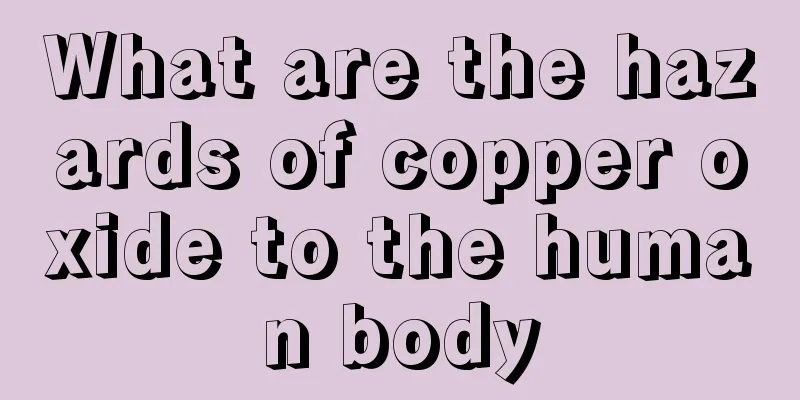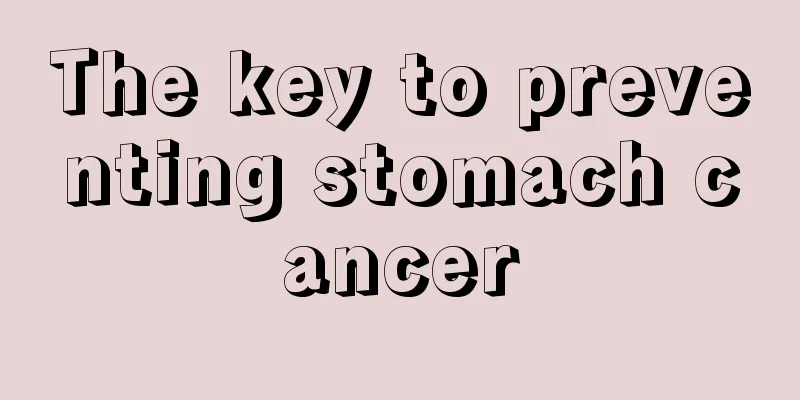How to treat frontal sinusitis

|
Frontal sinusitis is a relatively common nasal symptom and a health problem that troubles many people. After frontal sinusitis occurs, patients will generally have symptoms such as loss of appetite, constipation, and mental depression. In addition, local symptoms such as nasal congestion and headache will also occur. These symptoms will have a relatively large impact on patients, so timely treatment is required. Below, we will introduce you to the relevant knowledge about frontal sinusitis in detail! 1. Clinical manifestations 1. Systemic symptoms: may include loss of appetite, irritability, chills and fever, constipation, insomnia, mental depression, etc. 2. Local symptoms (1) Nasal symptoms: Nasal congestion: Persistent nasal congestion on the affected side may be caused by swelling of the nasal mucosa or accumulation of nasal secretions in the nasal cavity; Runny nose: Nasal secretions are mucopurulent or purulent, more in the morning, and often related to head drainage; Decreased sense of smell. (2) Frontal purulent fistula If there is frontal bone osteomyelitis, a frontal purulent fistula may form, mostly located on the anterior wall and bottom of the frontal sinus. (3) Headache: If the drainage of the frontal sinus is blocked, headache may occur, and there may be reflex headache in the distribution area of the trigeminal nerve. The symptoms of frontal sinusitis headache start as a full headache, which then gradually becomes localized to the upper inner corner of the eye socket and the forehead on the affected side. The pain has an obvious time pattern, occurring every morning after waking up, gradually getting worse, being worst at noon, gradually easing in the afternoon, and disappearing in the evening, only to recur the next day. There is obvious tenderness when touching the upper inner corner of the orbit. 2. Treatment Methods 1. General treatment: get enough rest, drink plenty of water, and treat symptoms such as headaches accordingly. 2. Anti-inflammatory treatment: Penicillin antibiotics should be used first and in sufficient quantities. If allergy or drug resistance occurs, other broad-spectrum antibiotics should be used. 3. Local treatment: Nasal treatment includes the use of nasal mucosal vasoconstrictors and antibiotic nasal drops, replacement surgery, etc. Physical therapies such as ultrasonic atomization, steam inhalation, and local hot compress can be used. 4. Surgery Surgery is not recommended during the acute phase. It is used when sinus inflammation spreads outward and causes serious complications to adjacent organs. If there is no improvement after standardized acute treatment for more than one month or if the condition becomes chronic, surgical treatment can be performed. The purpose is to improve sinus ventilation and drainage and promote the disappearance of sinus inflammation. Auxiliary surgeries include correction of high nasal septum deflection, nasal polypectomy, partial resection of the middle turbinate, etc. Sinus surgery: It is divided into traditional radical sinus surgery and the currently widely used functional endoscopic sinus surgery. 3. Prevention methods 1. Pay attention to nasal hygiene and develop good hygiene habits of washing your nose in the morning and evening. 2. Pay attention to the method of blowing your nose. If you have a stuffy nose and a lot of mucus, you should press one nostril and blow your nose out with a little force. Then blow alternately. When the nasal mucus is too thick, wash the nose with salt water to avoid damaging the nasal mucosa. 3. Maintain correct posture when swimming and try to keep your head above water. 4. If you have dental disease, you should get thorough treatment. 5. During an acute attack, take more rest. The bedroom should be bright and well ventilated. But avoid direct wind and direct sunlight. 6. Take medication promptly as directed by your doctor. 7. For patients with chronic sinusitis, they should have confidence and perseverance in treatment and pay attention to strengthening exercise to enhance their physical fitness. 8. Smoking, drinking and spicy food are strictly prohibited. |
<<: Fever after platelet transfusion
>>: Frontal sinusitis migraine
Recommend
Can omeprazole treat gastritis?
In current clinical practice, omeprazole is mainl...
What to do if you have an ulcer on the inside of your buttocks
The specific treatment for inner buttock ulcers d...
The effect of head acupuncture
Acupuncture in traditional Chinese medicine is th...
What is the pathology of rectal cancer
In recent years, rectal cancer has become one of ...
What are the magical benefits of brushing teeth with baking soda?
Anyone who has studied chemistry knows that the b...
Symptoms of gastrointestinal parasites
Everyone is afraid of parasites because there is ...
What are the functions of sleeve leather
The fruit of grapefruit is very nutritious. It al...
How to effectively remove mildew stains from clothes
In spring, it rains all the time and the weather ...
Can colorectal cancer be cured?
Because colorectal cancer is divided into colon c...
Chinese medicine treatment course for gallbladder cancer
Primary gallbladder cancer is one of the common m...
How to diagnose liver cancer early
Early liver cancer often has no specific symptoms...
What's wrong with being restless?
No matter what people do, if they do the same thi...
6 things to note when taking silicone oil from eyes
Generally, if there are no complications from sil...
How to get double eyelids naturally
Everyone loves beauty, especially some young wome...
Which of these hepatitis A, B, C, D and E is more serious? Are hepatitis A and E serious?
Liver disease is a very scary disease. There are ...
